Financial markets often seem like a complex maze, filled with many investment options, fluctuating prices, and intricate regulations. These markets include stock exchanges, bond markets, and commodities markets, among others, where buyers and sellers trade assets such as securities, commodities, and other financial instruments. The complexity arises from numerous factors influencing these markets, including economic indicators, geopolitical events, and investor sentiment.
Despite the complexities, understanding financial markets is crucial for anyone looking to invest, whether you’re a seasoned investor or a beginner. Knowing how these markets operate, the factors influencing them, and the strategies for navigating them can significantly impact your investment decisions and outcomes.
Self-education is a powerful tool in this regard. Reading and learning about financial markets can equip you with the knowledge and insights needed to navigate these markets effectively. It helps you make informed decisions, minimize risks, and maximize investment returns.
What are Financial Markets?
Financial markets are platforms where people trade financial securities, commodities, and other fungible assets at prices that reflect supply and demand. They bring together individuals and institutions interested in buying or selling these assets. Essential features of financial markets include their transparency, efficiency, and liquidity. They are transparent because information about the traded assets, including their prices, is available to all participants. They are efficient because they quickly incorporate new information into asset prices. And they are liquid because assets can be bought or sold relatively quickly without causing a significant price change.
Understanding financial markets is vital for investors for several reasons. First, it helps investors decide where to put their money. By understanding how different markets operate and what influences asset prices, investors can identify profit opportunities and avoid potential pitfalls. Second, understanding financial markets can help investors manage risk. Different markets come with varying levels of risk, and understanding these risks can help investors choose the right mix of assets to meet their investment goals and risk tolerance. Lastly, a deep understanding of financial markets can help investors stay calm during market volatility, enabling them to make rational rather than emotional, investment decisions.
Top Books on Financial Markets
Here are some top book recommendations for understanding financial markets:
1. “Devil Take the Hindmost: A History of Financial Speculation” by Edward Chancellor: Chancellor’s book thoroughly explores financial speculation throughout history. It delves into the psychology, economics, and history of financial speculation, providing readers with a deep understanding of its role in financial markets. This book is a must-read for anyone seeking to understand financial markets’ complexities and inherent risks.

Available as Audiobook, Hardcover, Paperback, or Audio CD
2. “The Panic of 1907: Lessons Learned from the Market’s Perfect Storm” by Robert F. Bruner and Sean D. Carr: Bruner and Carr provide a historical perspective on the banking crisis of 1907. The book offers valuable insights into the state of financial markets before the advent of banking regulations and the Federal Reserve, highlighting the importance of these institutions in maintaining market stability.
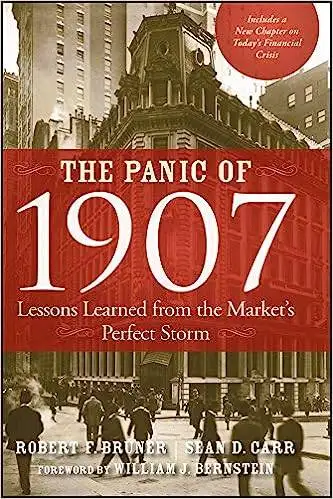
Available as Audiobook, Hardcover, Paperback, or Audio CD
3. “The Great Depression: A Diary” by Benjamin Roth: Roth’s first-person account of life during the Great Depression is a stark reminder of the potential consequences of financial market collapses. His vivid depiction of the hardships during this period provides a unique perspective on market history and the human impact of financial crises.
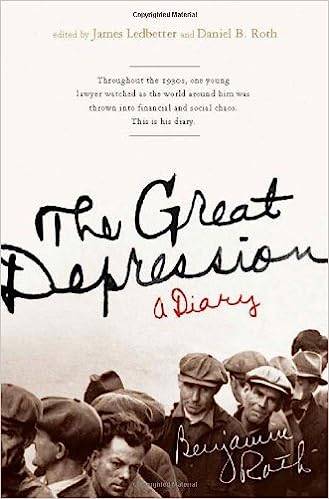
Available as Audiobook, Hardcover, Paperback, or Kindle
4. “Stocks for the Long Run: The Definitive Guide to Financial Market Returns and Long-Term Investment Strategies” by Jeremy J. Siegel: Siegel’s book offers a deep dive into historical market data, providing insights into how various markets have performed over the long haul. It’s a valuable resource for understanding market trends and developing long-term investment strategies.
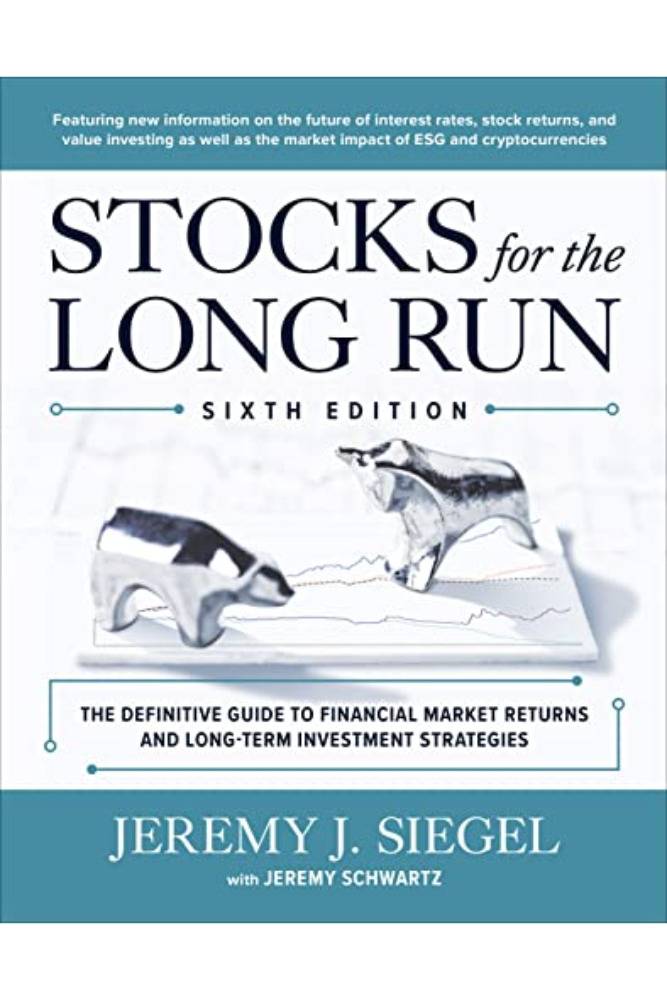
Available as Audiobook, Hardcover, or Kindle
5. “More Money Than God: Hedge Funds and the Making of a New Elite” by Sebastian Mallaby: Mallaby provides a detailed history of hedge funds, offering insights into their evolution and role in financial markets. The book provides a unique perspective on high-stakes investing and the individuals who dominate it.

Available as Audiobook, Hardcover, Paperback, Kindle, or Audio CD
6. “The Big Short: Inside the Doomsday Machine” by Michael Lewis: Lewis’s account of the Great Financial Crisis and the subprime mortgage meltdown provides valuable insights into the complexities of Wall Street and the factors that led to one of the most significant financial crises in history.
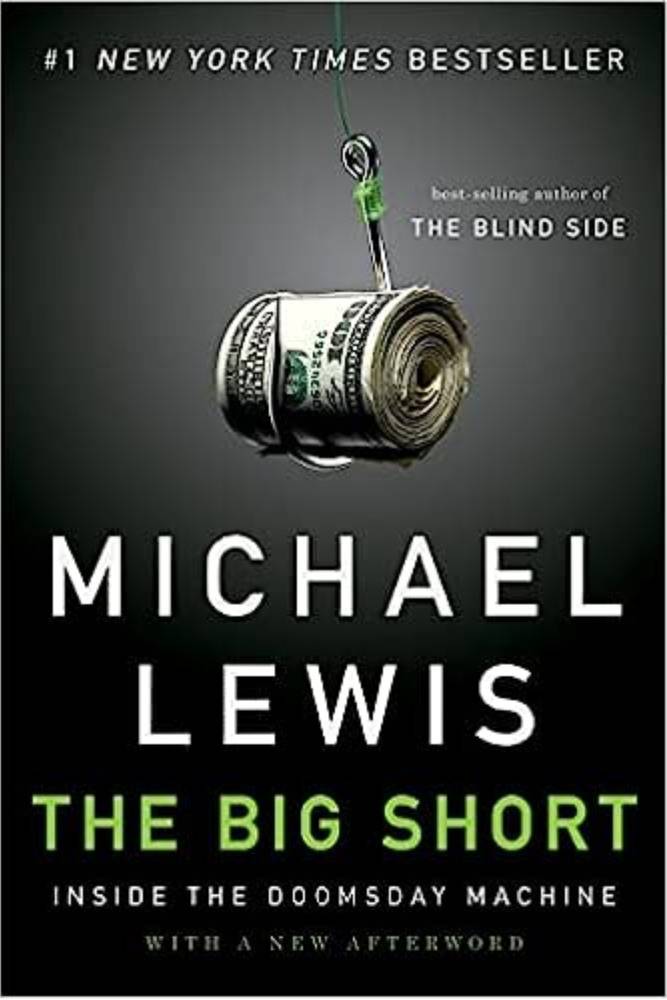
Available as Audiobook, Hardcover, Paperback, Kindle, or Audio CD
7. “A Short History of Financial Euphoria” by John Kenneth Galbraith: Galbraith’s book provides a concise history of financial bubbles, offering valuable lessons for investors. Recommended by renowned investor Howard Marks, this book is a must-read for anyone seeking to understand the cyclical nature of financial markets.
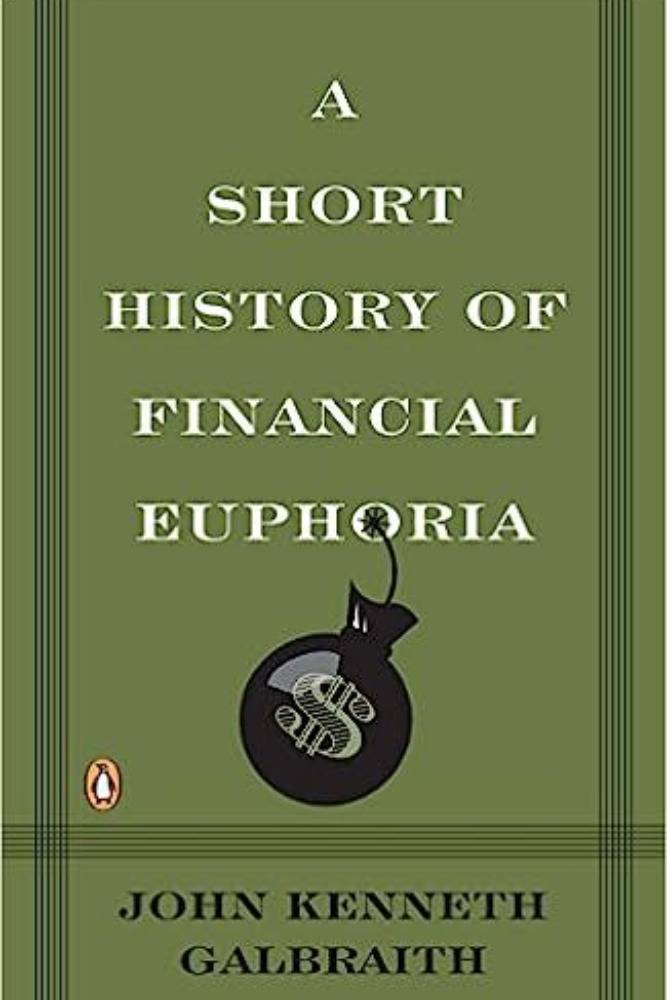
Available as Audiobook, Hardcover, Paperback, Kindle, or Audio CD
8. “Against the Gods: The Remarkable Story of Risk” by Peter L. Bernstein: Often considered one of the best investment books ever written, Bernstein’s book provides a comprehensive overview of the concept of risk, a fundamental aspect of investing. It’s a valuable resource for understanding the role of risk in financial decision-making.

Available as Audiobook, Hardcover, Paperback, Kindle, or Audio CD
9. “Bull: A History of Boom and Bust, 1982-2004” by Maggie Mahar: Mahar’s book offers a detailed account of one of history’s biggest stock market booms. It provides valuable insights into market dynamics during boom periods, offering lessons to help investors navigate future market cycles.
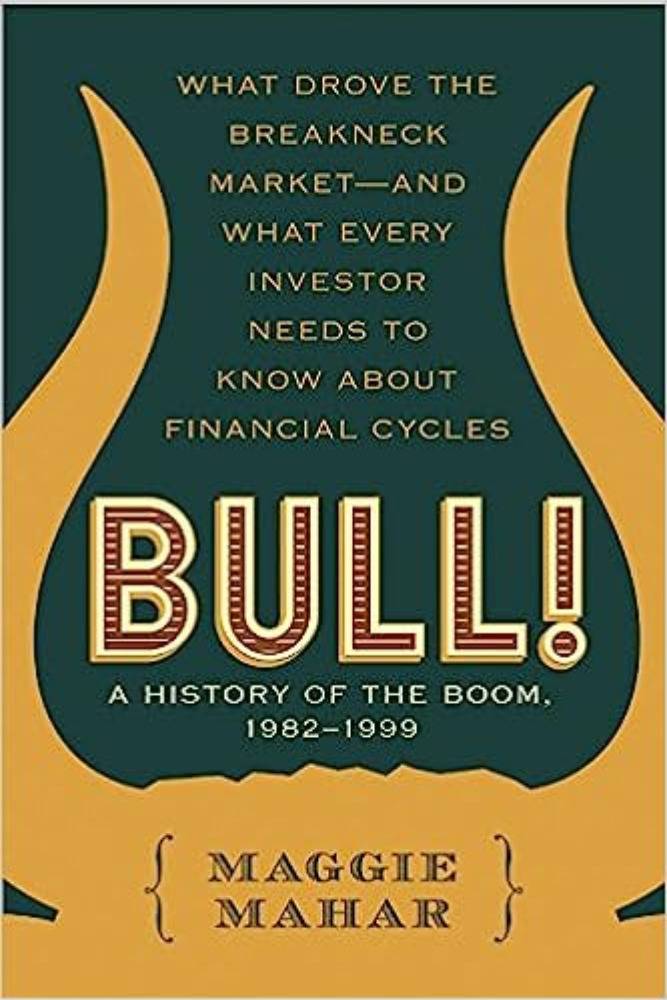
Available as Hardcover, Paperback, or Kindle
While these books provide valuable insights, they are not a substitute for professional advice. Always consider your individual circumstances and consult with a financial advisor before making investment decisions.
Valuable Lessons from These Books
The books listed above offer a wealth of knowledge and insights into the complex world of financial markets. They provide a deep understanding of market history, the psychology of investing, risk management, and the impact of economic trends on market performance.
One of the key lessons from these books is the importance of understanding market history. Books like “The Panic of 1907” and “The Great Depression: A Diary” provide historical perspectives that help readers understand the cyclical nature of markets and the potential consequences of market collapses.
Another crucial lesson is the role of psychology in investing. “Devil Take the Hindmost” delves into the psychology of financial speculation, highlighting how investor behavior can drive market trends.
Risk management is another recurring theme in these books. “Against the Gods” provides a comprehensive overview of the concept of risk, emphasizing its importance in investment decision-making.
Each book also brings unique insights. For example, “More Money Than God” offers a glimpse into the world of hedge funds. At the same time, “The Big Short” provides an insider’s view of the Great Financial Crisis.
These books are invaluable resources for anyone seeking to navigate the complexities of financial markets. They offer not just theoretical knowledge but also practical insights that can be applied in real-world investing.
Implementing Learning into Practice
The knowledge gained from these books can be a powerful tool in your investing activities. Here are a few ways you can put that wisdom into practice.
- Use the historical perspectives provided in these books to understand market cycles. This can help you decide when to buy or sell investments. For example, understanding the factors that led to the Great Depression or the 2008 financial crisis can help you identify potential warning signs in the future.
- Apply the lessons on investor psychology to your own investing behavior. Recognize the psychological biases that can impact investment decisions and learn to manage them effectively. This can help you avoid common investing mistakes and make more rational decisions.
- Use the insights on risk management to develop a balanced investment portfolio. Understanding the concept of risk and how to manage it can help you protect your investments during market downturns.
Remember that the theories and principles learned from these books are not just abstract concepts. They are practical tools that can be applied to real-world financial market scenarios. By integrating this knowledge into your investing strategy, you can navigate the complexities of financial markets with greater confidence and success.
Wrapping Up
Understanding financial markets is invaluable for any investor or finance professional. The complexities of these markets can be daunting. Still, with the right resources, such as the books recommended in this post, you can learn to navigate them effectively. These books provide historical perspectives, insights into investor psychology, and practical strategies to enhance your investing activities.
As we know, the financial markets are dynamic and ever-changing. Therefore, continual learning is crucial to stay ahead. Reading is one of the most effective ways to keep up with new developments and trends. So, keep turning those pages (or listening) and absorbing the wisdom they offer. Your journey in the financial markets is a marathon, not a sprint; every piece of knowledge gained is a step forward.
Now, it’s your turn! I’d love to hear about your experiences with these books and how they’ve helped you understand financial markets better. Did any particular insight stand out? How have you applied the knowledge gained to your investing activities? Sharing your experiences enables you to reflect on your learning and benefits others in their journey.
Also, if you’ve come across other insightful books on financial markets that should be on this list, please share them. The more resources we have, the better equipped we are to navigate the complex world of financial markets. So, let’s keep this conversation going and continue learning together. Remember, every comment, every shared experience, and every book recommendation adds to our collective knowledge. Let’s grow together in our understanding of financial markets. Happy reading and investing!
This post may contain affiliate links, which means I may receive a commission if you click a link and make a purchase. However, my opinions and recommendations remain my own, uninfluenced by any potential earnings.
Enjoyed the read? Subscribe to my blog and spread the word by sharing this article with your circles!

